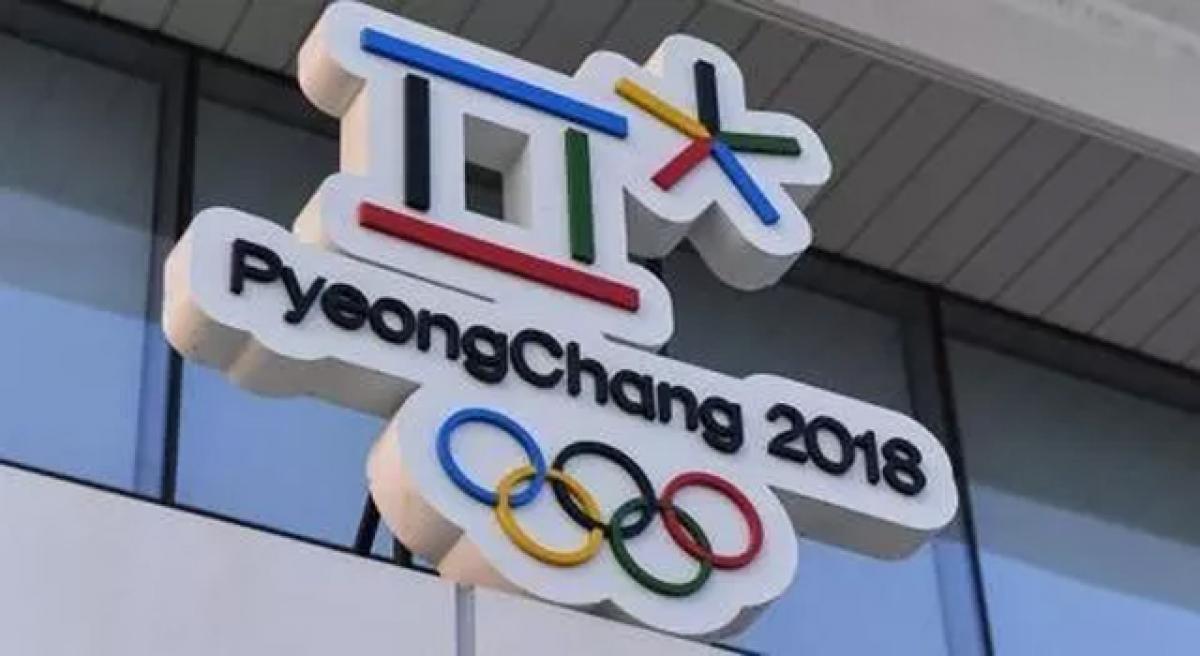Live
- Modi, BJP, RSS working 24x7 to finish off Constitution: Rahul
- Spewing poison over AMRUT stirs up political storm
- Congress has double PhD in stalling projects: Modi
- No oral mentioning of urgent cases: SC
- Russia plans to boost birthrate with 'Ministry of Sex'
- Govt glare on fund misuse by digital media wing of IT
- Ongole Police to serve notices to director Ram Gopal Varma Over social media posts
- Attackers will not be spared, says minister
- Needle of Vikarabad violence on BRS netas
- BJP condemns police arrests in Kodangal
Just In

The International Olympic Committee (IOC) on Sunday upheld the ban of Russia from the Pyeongchang Winter Games because of doping, denying the 168 athletes competing here as “Olympic Athletes from Russia” the right to march in the opening ceremony under their country’s flag.
Pyeongchang: The International Olympic Committee (IOC) on Sunday upheld the ban of Russia from the Pyeongchang Winter Games because of doping, denying the 168 athletes competing here as “Olympic Athletes from Russia” the right to march in the opening ceremony under their country’s flag.
The IOC’s full membership unanimously approved the recommendation of the executive board just hours before the final competition of the Olympics. Fifty-two of the IOC’s 100 members were present for the vote.
IOC President Thomas Bach said a condition for Russia’s reinstatement was no further positive drug tests at these Olympics. Two of the four athletes who tested positive in Pyeongchang were Russian, including a curler who had to return his bronze medal.
“The IOC executive board decided first not to lift the suspension of the Russian Olympic Committee for the closing ceremony,” Bach said, “therefore, no delegation of the Russian Olympic Committee will have taken part in these Olympic Winter Games.”
Russia was banned from the Olympics on December 5 because of a massive doping scandal at the 2014 Sochi Games. The IOC left open the possibility of reinstatement ahead of the closing ceremony if the Russians met a series of criteria, and Russian athletes were allowed to participate under the Olympic flag.
IOC member Nicole Hoevertsz from Aruba and head of the Russia implementation group said the Russian delegation met many of the criteria required for reinstatement during the Olympics.
The two failed drug tests, however, were too much. “Despite a good collaboration from the OAR delegation to respond to these [doping] cases in a prompt and transparent way, the implementation group was convinced that these cases caused significant concern,” Hoevertsz said.

© 2024 Hyderabad Media House Limited/The Hans India. All rights reserved. Powered by hocalwire.com







